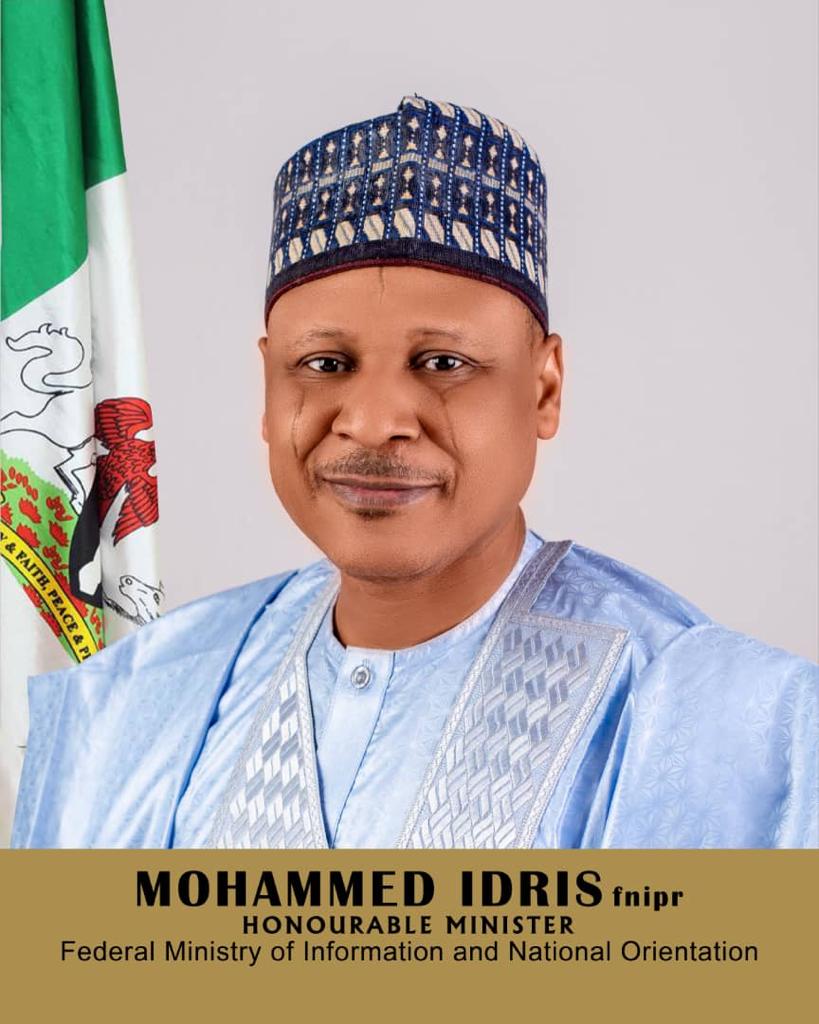The Chief Executive, Awareness Against Human Trafficking (HAART), Kenya, Mr Radoslaw Malinowski, on Thursday, attributed the increase in human trafficking around the world to social media.
He made the assertion at the First Africa Regional Conference of the Santa Marta Group in Collaboration with the Catholic Caritas Foundation of Nigeria (CCFN), in Abuja.
Malinowski explained how human traffickers are using social media to ensnare their victims around the world
He said that social media at the same time is aiding the law enforcement agencies to take more effective action to stop human traffickers.
“Unfortunately, social media is widely used by criminal, trafficking groups and terrorists,”
The theme of the two days conference is: “Church and State Working Together to Restore Dignity to Trafficked Persons.”
He said that many scholars pointed to the technological revolution as one of the major reasons trafficking became so rampant.
According to him, the rapid rise of social media is one of the technological phenomena behind the surge in human trafficking round the world.
Malinowski told delegates from across the world at the conference that in this time of globalisation, trafficking became a serious problem around the world.
“The use of social media makes it easy for traffickers to traffic people.
“Key to understanding the massive difference that social media such as Twitter and Facebook have made to the trade in modern-day slavery is organisation.
“When you look at the structures of organised criminal groups, many have that same structure that is the way social media is organised.
“Most of human trafficking incidents are managed in a similar mode to social media vertical connectivity among users and partners,” he said.
He said its goes through recruitment to transfer and transport, then manipulation of consent through blackmail, the actual exploitation of the victim and finally, post-exploitation.
“This often amounts to blackmailing victims by threatening to share pictures of them being exploited on social media that would lead to their ostracism by their home communities.
“Traffickers use social media to recruit and manage their victims, often with coded messages.
In parts of Africa, they might tweet: I am carrying seven gourds. That means seven people,” he said.
He, however, said that social media also gives the law enforcement, Non-Governmental Organisations (NGOs), and faith organisations opportunities to identify victims.
“Even though they are often deprived of phones, email and other resources, because wifi in many of the countries they are trafficked to is free, they can sometimes find a way to access it and will usually start looking for help using social media,” he added.
Malinowski described a case where 32 women were trafficked from Kenya to Libya.
“One woman googled human trafficking in Kenya. They connected with us (HAART), we started communicating through Facebook and we managed to rescue them.
“When victims are abroad, often social media is their only channel of communication,” he said.
According to him, special apps have also been developed by some organisations in Asia; there is an app for seafarers that enables young people being recruited to work at sea and can check every vessel to see if it is legitimately registered.
He disclosed that HAART is also building its own app for its 60 volunteers working in the field to build a research database.
He added that social media could also be used as evidence in criminal investigation, and for effective fundraising.
Ms Brenda Uji, a broadcaster with the Africa Independent Television (AIT), told the conference of the importance of working with traditional media.
Uji said: “Media can help by telling compelling stories, stories that share the challenge as well as overcoming the challenges, that can give hope to victims and society.
This is the first time I am seeing the Church organising something like this so it is impressive,” she said.
She said that in Nigeria the Church is a strong part of society, so it would be key in fighting human trafficking, saying that the Church should be opened to work with the media in finding a lasting solution to trafficking.
She, however, advised the Media to understand why privacy of victims is important and should not sensationalise, saying “the stories are compelling enough already.”
Earlier, the President of the Nigerian Catholic Bishops’ Conference and also the Archbishop of Benin City, Augustine Akubeze, said: “the Church, must continue to create awareness of the dangers of trafficking.
According to him, this will give hope and assist many young people not to fall into the hands of human traffickers.
“We must continue to collaborate with the State and all agencies involved in curbing this societal menace in a bid to restore dignity to trafficked persons,” he said.
Akubeze said that human trafficking is an abuse of God’s image in humankind.
“As a church we must remain the voice of justice, life and human dignity in a society that has lost the sense of sin,” he advised.
The Bishop also urged Christians to pray that God would forgive the sins of those engaged in exploiting humans for money.(NAN)



